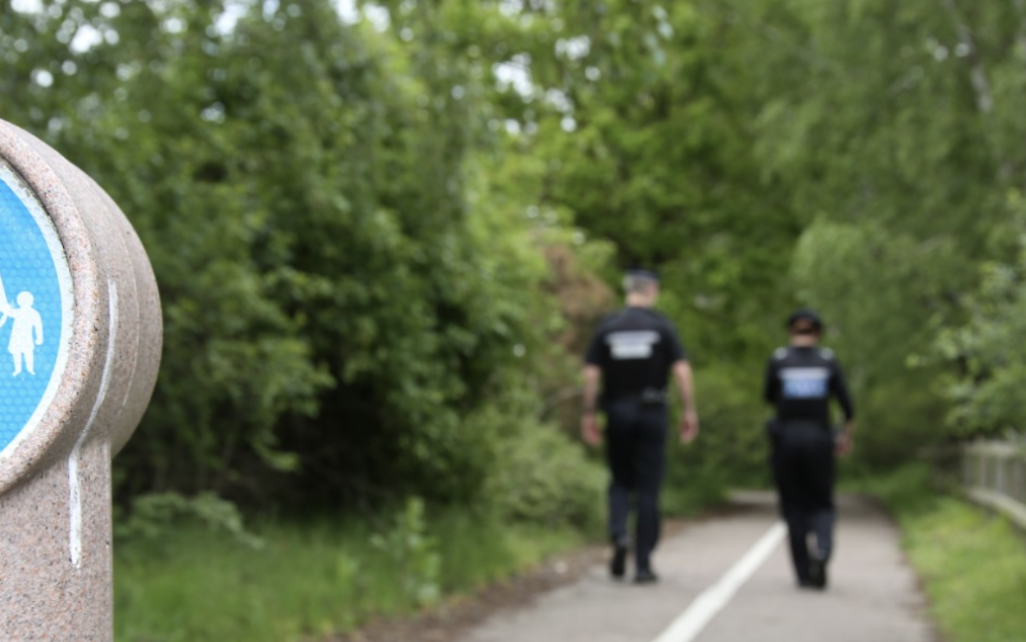New Code of Ethics can help rebuild confidence in policing
South Wales Police Federation vice-chair Phil Walker has welcomed the new Code of Ethics which he hopes is another step towards rebuilding confidence in policing.
But he called for training - and protected learning for members - to ensure they fully understand where it fits with Police Regulations and other ethical guidance.
Phil’s comments follow the launch of the revised Code of Ethics by the College of Policing.
The Code aims to guide ethical decision making by officers and outlines the professional behaviours the public can expect from the police service.
The College said it 'supports everyone in policing to deliver a service that is fair, ethical and can be trusted to make decisions in the interest of keeping people safe’.
Phil, who is also the branch treasurer, said: “The revised Code of Ethics sets out how our members will work with the public and offers ethical guidance to support decision making, and brings it all up to date.
Public confidence
“It’s what the vast majority of officers do every day, but the revised Code is another step towards restoring public confidence.
“There now needs to be standardised training to ensure that members fully understand the changes and how they fit in with the Police Regulations and other guidance.
“And to ensure the Code is successfully implemented, members must be afforded protected learning time.”
The Police Federation of England and Wales (PFEW) has worked closely with the College on the new Code, and has broadly welcomed it.
However, PFEW said it was disappointing that significant concerns it raised about how the revised Code of Ethics should fit within the existing regulatory framework remain.
PFEW said there was a mismatch between what is cited within the Home Office Guidance [Conduct, Efficiency and Effectiveness, and Police Officer Misconduct, Unsatisfactory Performance and Attendance Management Procedures], the Police (Conduct) Regulations 2020, and the new Code of Ethics.

PFEW said that the previous Code was integral to police officers’ decision-making process. Home Office Guidance stated ‘the Code of Ethics provides general guidance on how behaviour that does not uphold policing principles or meet expected standards should be handled’ but there is no guidance on handling such behaviour within the revised Code of Ethics.
Gemma Fox, PFEW deputy national secretary, said: “We fully welcome the ethos and focus on cultivating a culture of learning, development and honest reflection.
“A crucial element of this involves the Police (Conduct) Regulations 2020, with the introduction of the Performance Requires Improvement process, where officers can take part in Reflective Practice with their line manager if their actions do not amount to misconduct or gross misconduct.
"This gives police officers the opportunity to embed learning and ensure performance is improved as quickly as possible, signifying a step towards putting blame culture in the past.
Code of Ethics
“However, the statutory definition of Practice Requiring Improvement includes consideration of the Code of Ethics to inform any assessment or judgement of conduct.
“These are just two examples, but it demonstrates not only the paramount importance for the new Code of Ethics to be embedded into the Home Office Guidance and the Police (Conduct) Regulations 2020 to mirror one another, but also highlights how the Code of Ethics underpins a vital section of the Conduct Regulations – therefore merely removing mention of the Code of Ethics as a quick fix is not a feasible solution.
“I would strongly urge the Home Office to change and revise the guidance on police officer conduct and Police (Conduct) Regulations 2020 in accordance with the revised Code of Ethics.”
READ MORE: Wellbeing survey results 'back up what we have been saying for years' says Fed chair.
